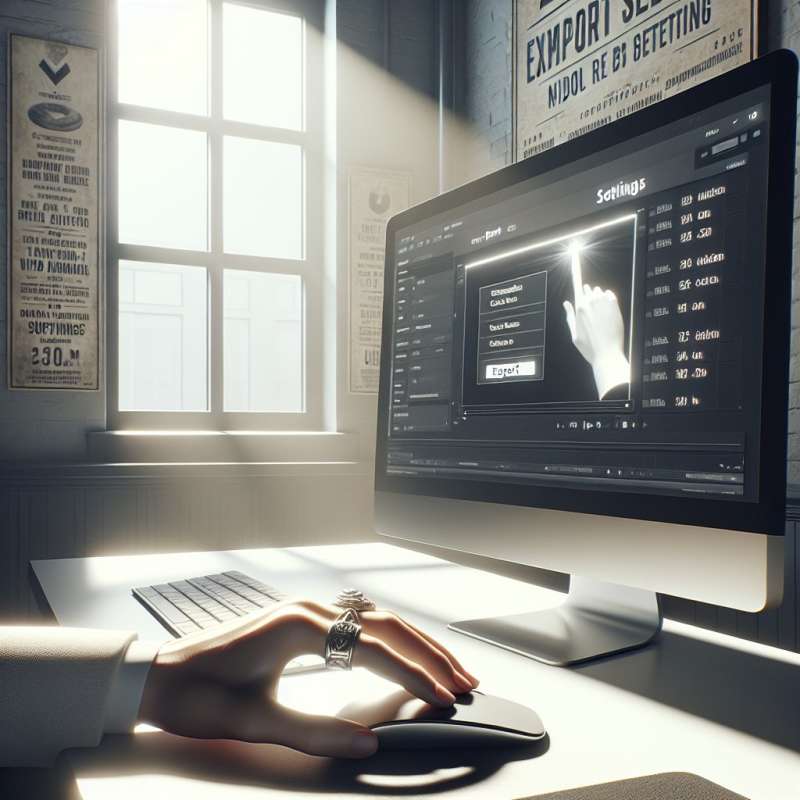
Pre-Production Planning
Before hitting record, create a storyboard and script. Decide on your video's purpose, audience, and the message you want to convey. This structured approach saves time and enhances storytelling efficiency.
Understanding Your Equipment
Familiarize yourself with your camera, microphone, and lighting. Use manual settings for better control over exposure and focus. Surprisingly, even smartphones can produce professional results with the right techniques.
The Rule of Thirds
Improve your composition with the Rule of Thirds. Divide your frame into nine equal segments. Placing subjects along these lines creates more engaging and well-balanced visuals than centering them.
Capturing Quality Audio
Audio quality is paramount. Use external microphones closer to the subject for clarity. Did you know that viewers are more tolerant of poor video quality than poor sound quality?
Effective Lighting Techniques
Lighting sets the mood. Three-point lighting is a standard technique: a key light, fill light, and backlight. This setup reduces shadows and evenly illuminates subjects, giving depth to the scene.
Post-Production Magic
Editing is where magic happens. Cut out mistakes, add music and effects, and correct colors. Use editing software like Adobe Premiere or Final Cut Pro. Fun fact: Editors often use J and L cuts for smoother transitions.
Exporting and Sharing
Export your video in the right format. Higher bit rates typically mean better quality but larger file sizes. Know your platform's specifications. YouTube and Vimeo, for example, have different requirements for optimal playback.
What is essential before recording?
Storyboard and script creation
Exporting the final video
Applying three-point lighting
Company